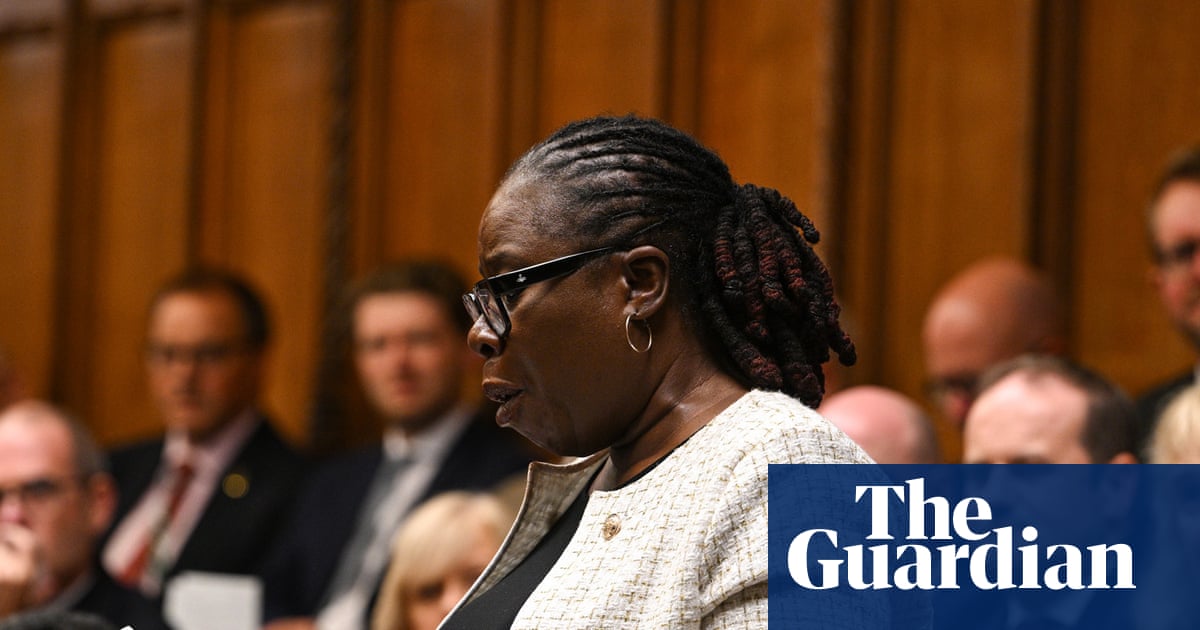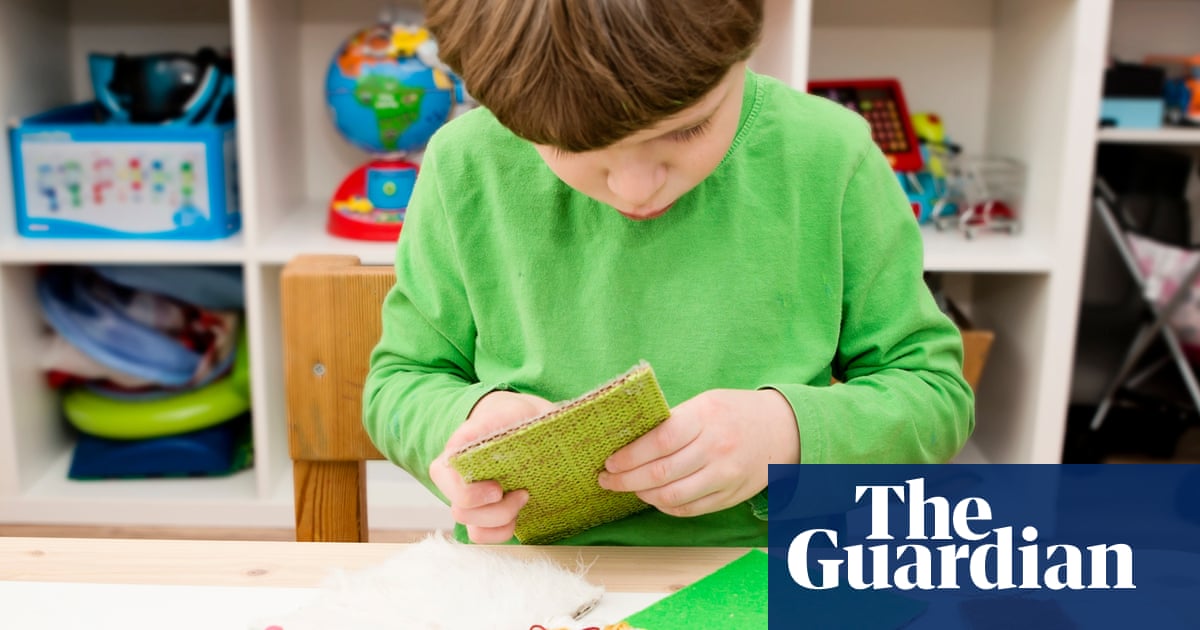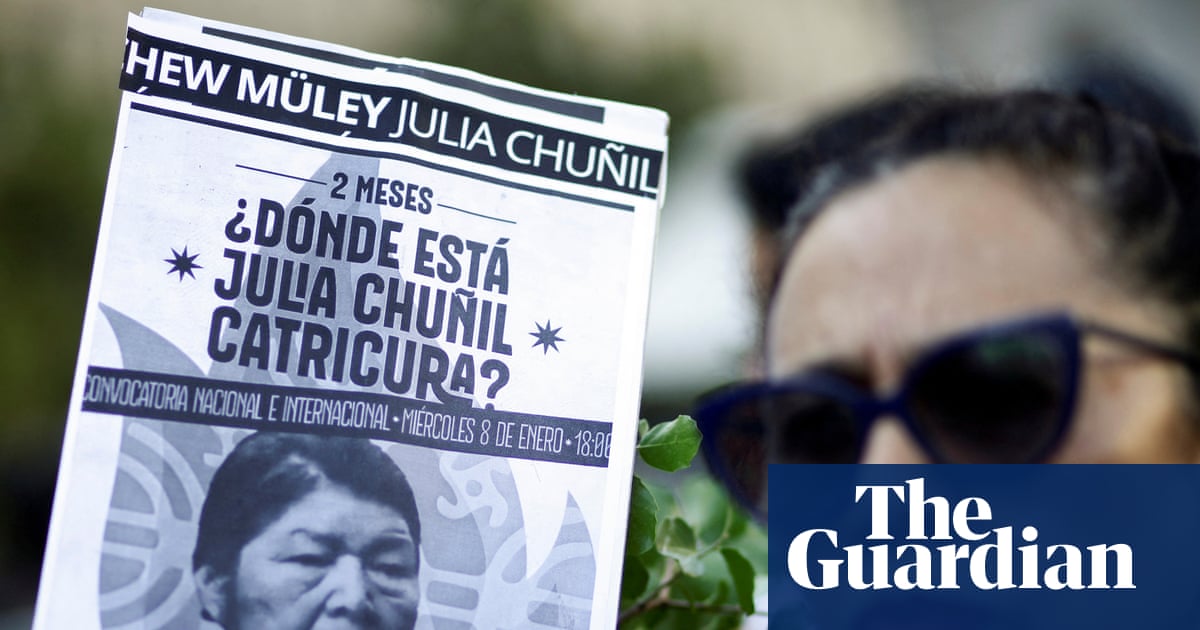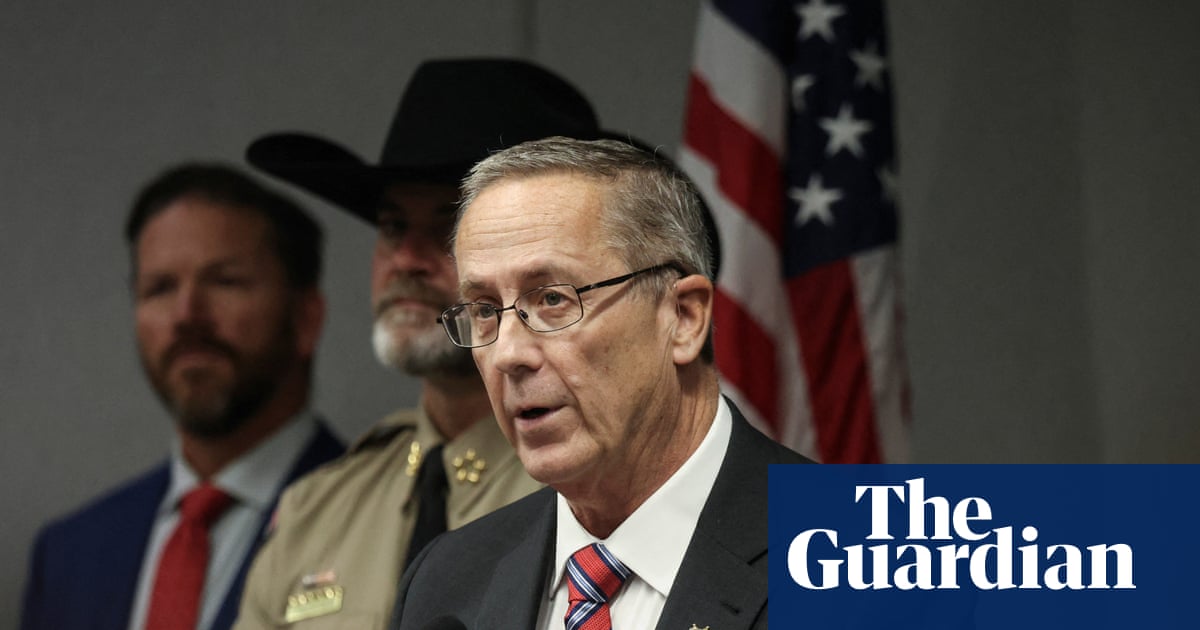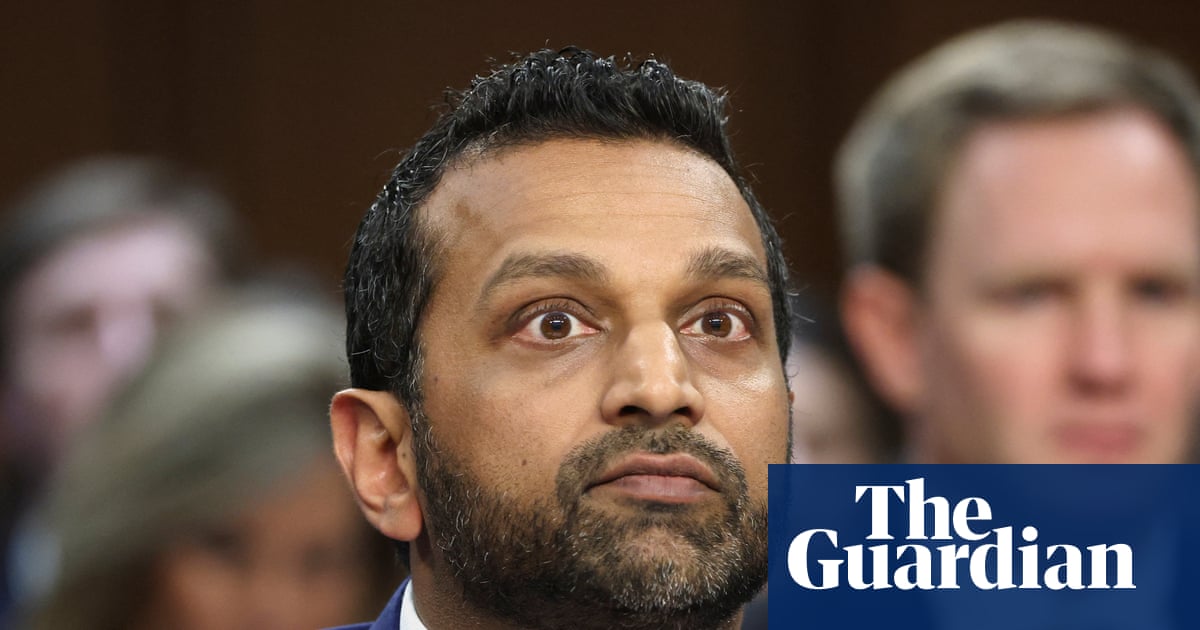Children in the most deprived areas of England are less likely to achieve good developmental goals by the age of five, according to the aid agency Unicef UK, which has urged ministers to lift the two-child benefit cap.
A report by the UN agency mapped every local authority area across England measuring its level of deprivation and a range of early childhood health and educational outcomes such as oral health, weight and A&E attendance.
The analysis found that children in England’s most deprived areas are over twice as far from achieving the government’s target of 75% of young children to reach a “good level of development”, compared with the country’s most affluent areas.
The five local authorities with the highest levels of deprivation – Blackpool, Knowsley, Liverpool, Kingston upon Hull and Middlesbrough – were each in the lowest 20% for five of the six child wellbeing measures used in the analysis.
The study also found that obesity levels in reception-aged children in the most deprived areas are more than double those of children in the most affluent areas, at 12.9% compared with 6%, while in the most deprived areas, nearly twice as many children have untreated tooth decay, at nearly a third (29%) compared with the least deprived at 15%.
Babies and young children in the most deprived areas of England have 55% more visits to A&E than those in the least deprived areas.
The charity has urged the government to lift the two-child benefit cap to reduce child poverty and increase access to early childhood health and educational services.
Philip Goodwin, the chief executive officer of Unicef UK, said: “The consequences of poverty can last a lifetime and are especially harmful for babies and young children. Growing up in poverty damages children’s life chances and our analysis shows the scale of the problem across the country. It is not acceptable that children in deprived areas are more likely to be behind at school, to be overweight or obese, to experience tooth decay and pain, and more likely to be admitted to A&E – all before their fifth birthday.
“There must be immediate, decisive and ambitious action by the government. Any further delays will condemn hundreds of thousands of children to poverty and its effects, as child poverty rates continue to rise.
“The government must act urgently to lift the two-child limit and the benefit cap and commit to investing in the vital health and education services that support children during their crucial early years.”
Sarah Woolnough, the chief executive of the King’s Fund, said: “Today’s report is a stark reminder that as child poverty rises in many parts of the country, children’s health is spiralling downwards. Lifelong health issues are established in childhood and the children with the poorest health outcomes now are set to become an unhealthy generation of adults. Action on child health must be taken now for the nation’s future health.
“As our research shows, living in poverty has a profound impact on people’s health and how they use NHS services. If the government wants to make headway on its mission to create ‘the healthiest generation of children ever’, tackling deprivation should be as much of a priority as bringing down waiting lists.
“For an NHS that is fit for the future, a greater and more equitable share of health service funding needs to be allocated to children and local services need to be sufficiently equipped to prioritise children. A lack of urgency on prioritising children’s health will have serious long-term implications for children and their families, the economy, the health service and society as a whole.”
Keir Starmer said he was “absolutely determined” to “drive down” child poverty when he was pressed on the two-child benefit cap in parliament last week, ahead of the publication of the government’s strategy on the issue.
A government spokesperson said: “This government is taking action to reduce child poverty through our dedicated taskforce, and to address the stark health inequalities across the country.
“We have introduced free breakfast clubs, increased pupil premium funding to support disadvantaged children in schools, and announced plans to expand free school meals to all children in households on Universal Credit.”

.png) 3 months ago
38
3 months ago
38





